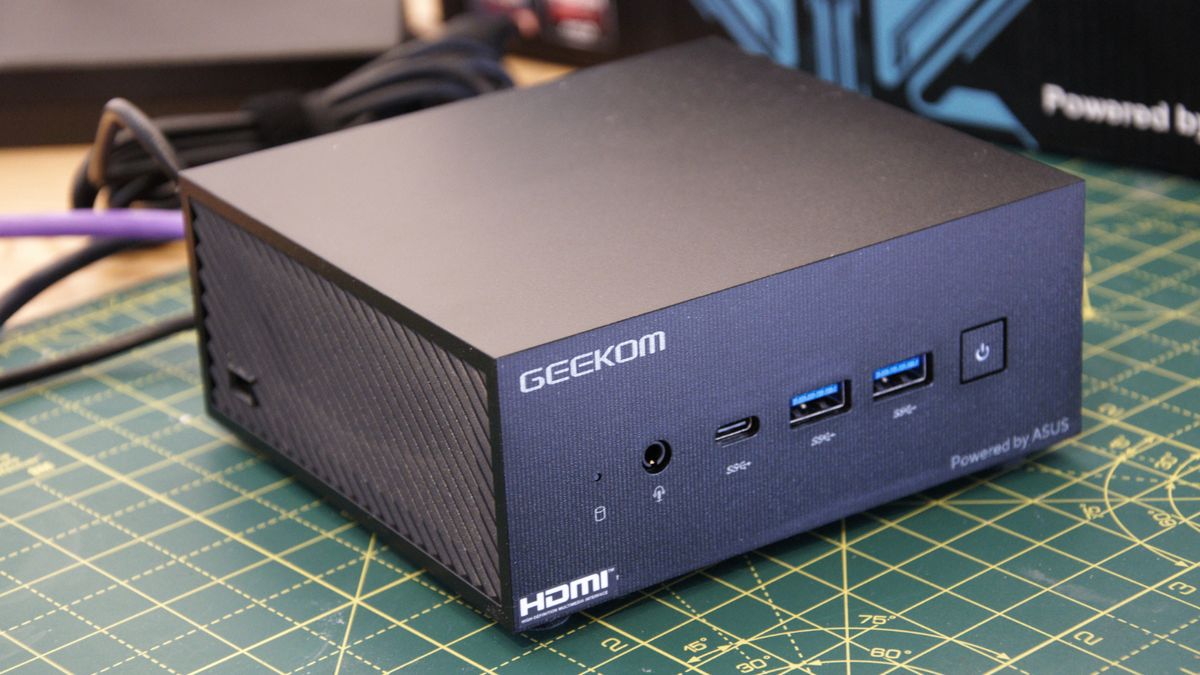Before the invention of the laptop, maximum experimental psychologists’ concept of the brain became an unknowable black container. You may analyze a subject’s conduct—ring bell; dog salivates—however, mind, recollections, emotions? That stuff became difficult to understand and incomprehensible beyond the mentattainment of technological know-how. So those behaviorists, as they know themselves, limited their paintings to look at stimulus and reaction, comments and reinforcement, bells, and saliva. They gave up seeking to recognize the inner workings of their thoughts. They ruled their discipline for many years.
Then, within the mid-nineteen 1950s, a group of rebellious psychologists, linguists, facts theorists, and early synthetic-intelligence researchers came up with a one-of-a-kind conception of the mind. They argued that humans were now not just collections of conditioned responses. They absorbed records, processed them, and then acted upon them. They’d systems for writing, storing, and recalling memories. They operated through a logical, formal syntax. The brain wasn’t a black field in any respect. It changed into more like a PC.
The so-called cognitive revolution commenced small, but as computers became a popular gadget in psychology labs across the USA, they won broader recognition. Through the late seventies, cognitive psychology overthrew behaviorism, and with the brand new regime came an entirely new language for speaking about mental existence. Psychologists began describing the mind as packages, ordinary humans talked about storing statistics away in their memory banks, and business authorities fretted about the boundaries of intellectual bandwidth and processing strength within the contemporary place of work.
- Migrating a WordPress Website
- Beatles jukebox and gaming machines were stolen in Weybridge
- Google reports progress on a Shortcut to Quantum Supremacy
- Help you have a hit custom software program improvement
- Apps in iMessage are novel. Useful? We’ll see
This tale has repeated itself repeatedly. As the digital revolution wormed its way into each part of our lives, it also seeped into our language and our deep, primary theories about how matters work. Technology always does this. Through the Enlightenment, Newton and Descartes inspired people to consider the universe an elaborate clock. Within the business age, it became a machine with pistons. (Freud’s concept of psychodynamics borrowed from the thermodynamics of steam engines.) Now, it’s a PC, which is, when you consider it, an empowering concept. Because if the world is a computer, then the arena can be coded.





